

A Look Back at SaveDisney.com: What They Got Right — and Wrong — and Why It Matters Now
By Matthew Anscher
In the words of Maurice Chevalier, I remember it well: it was December 1, 2003 and Roy E. Disney had resigned from The Walt Disney Company again. This wasn’t the first time he’d quit on them citing issues with management. This wasn’t even the first time he had gone public with such grievances against the company that bears his family name. The first time was during the “What Would Walt Do” years of E. Cardon Walker, Donn Tatum, and Ron Miller; he told them in no uncertain terms he felt they’d gotten the answer to that question wrong once too often:
From the Desk of Roy E. Disney:
It is with deep regret that I hereby tender my resignation (from) Walt Disney Productions, due to what seem to me to be deep and irreconcilable philosophical differences with present management…
As I have previously told you… the creative atmosphere for which the Company had so long been famous and on which it prides itself has, in my opinion, become stagnant. I do not believe it is any longer a place where I, and perhaps others, can realize our creative capacities.
Motion pictures and the fund of new ideas they are capable of generating have always been the fountainhead of the Company; but present management continues to make and remake the same kind of motion pictures, with less and less critical and box-office success…
…This represents to me that the Company is no longer sensitive to its creative heritage. Rather, it has substituted short-range benefits, obtainable from exploitation of the Company's past productions, for long-range creative planning.
Under the present circumstances, I believe it is best that I attempt to express myself elsewhere in the industry, while continuing to serve as a member of the Board of Directors and, as always, remaining vitally interested in the affairs of the Company…
Regretfully
yours,
Roy E. Disney
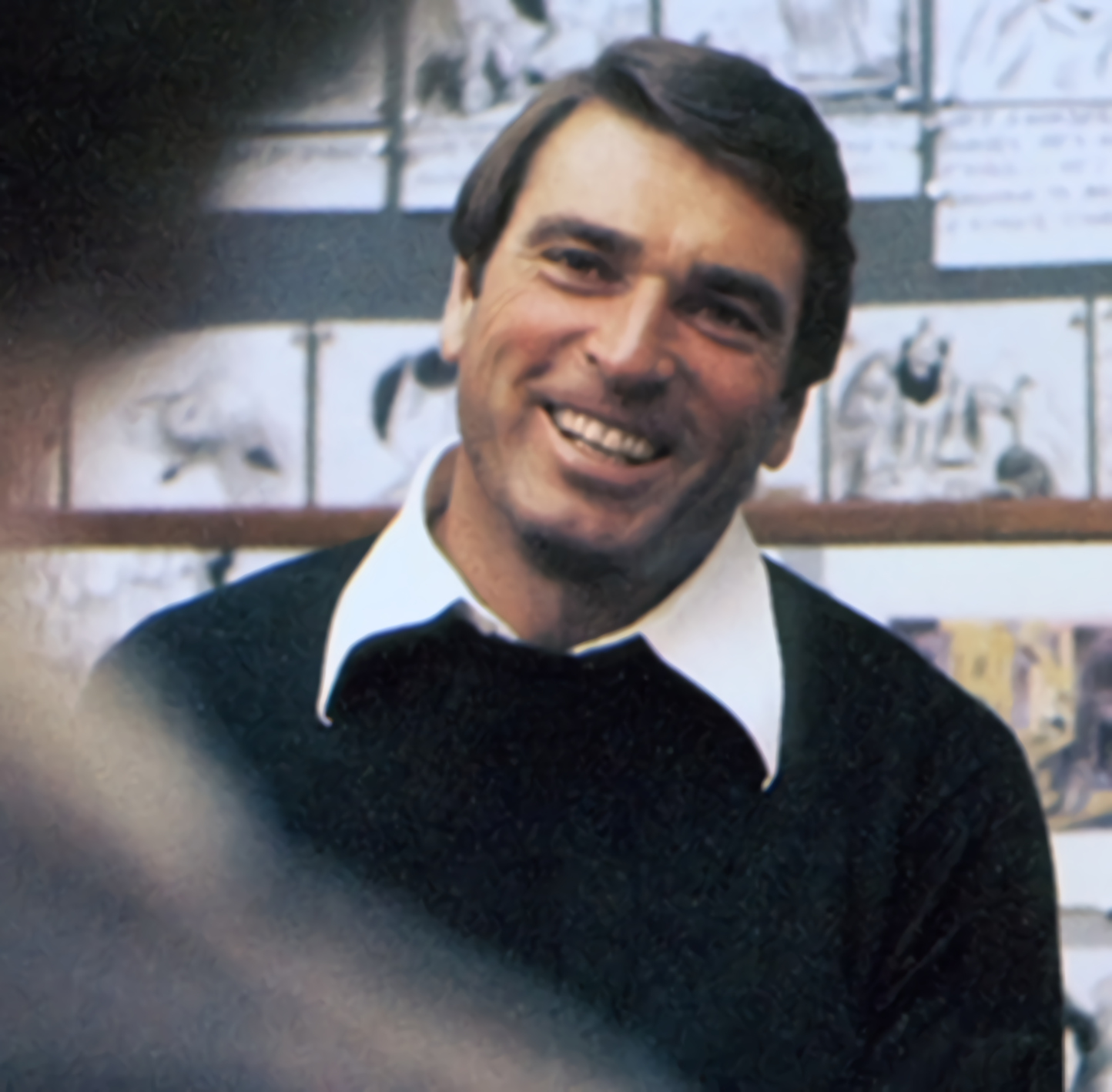
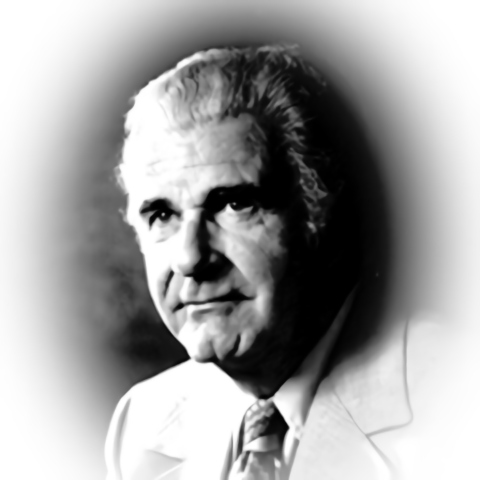

By 2003, the issues ran deeper than just running Herbie the Love Bug into the ground or being too reliant on Phil Harris to carry animated movies. Furious with the direction the company had taken since Eisner consolidated power after the death of Frank Wells and the departure of Jeffrey Katzenberg, this time he pulled no punches:
Mr. Michael D. Eisner
Chairman
The Walt Disney Company
500 South Buena Vista Street
Burbank, CA 91521
Dear Michael,
It is with deep sadness and regret that I send you this letter of resignation from the Walt Disney Company, both as Chairman of the Feature Animation Division and as Vice Chairman of the Board of Directors.
You well know that you and I have had serious differences of opinion about the direction and style of management in the Company in recent years. For whatever reason, you have driven a wedge between me and those I work with even to the extent of requiring some of my associates to report my conversations and activities back to you. I find this intolerable.
Finally, you discussed with the Nominating Committee of the Board of Directors its decision to leave my name off the slate of directors to be elected in the coming year, effectively muzzling my voice on the Board much as you did with Andrea Van de Kamp last year.
Michael, I believe your conduct has resulted from my clear and unambiguous statements to you and the Board of Directors that after 19 years at the helm you are no longer the best person to run the Walt Disney Company. You had a very successful first 10-plus years at the Company in partnership with Frank Wells, for which I salute you. But, since Frank's untimely death in 1994, the Company has lost its focus, its creative energy, and its heritage.
As I have said, and as Stanley Gold has documented in letters to you and other members of the Board, this Company, under your leadership, has failed during the last seven years in many ways:
1. The failure to bring back ABC Prime Time from the ratings abyss it has been in for years and your inability to program successfully the ABC Family Channel. Both of these failures have had, and I believe, will continue to have, significant adverse impact on shareholder value.
2. Your consistent micro-management of everyone around you with the resulting loss of morale throughout this Company.
3. The timidity of your investments in our theme park business. At Disney's California Adventure, Paris, and now in Hong Kong, you have tried to build parks "on the cheap" and they show it, and the attendance figures reflect it.
4. The perception by all of our stakeholders consumers, investors, employees, distributors and suppliers that the Company is rapacious, soul-less, and always looking for the "quick buck" rather than the long-term value which is leading to a loss of public trust.
5. The creative brain drain of the last several years, which is real and continuing, and damages our Company with the loss of every talented employee.
6. Your failure to establish and build constructive relationships with creative partners, especially Pixar, Miramax, and the cable companies distributing our products.
7. Your consistent refusal to establish a clear succession plan.
In conclusion, Michael, it is my sincere belief that it is you who should be leaving and not me. Accordingly, I once again call for your resignation or retirement. The Walt Disney Company deserves fresh, energetic leadership at this challenging time in its history just as it did in 1984 when I headed a restructuring which resulted in your recruitment to the Company.
I have and will always have an enormous allegiance and respect for this Company, founded by my uncle, Walt, and father, Roy, and to our faithful employees and loyal stockholders. I don't know if you and other directors can comprehend how painful it is for me and the extended Disney family to arrive at this decision.
In accordance with Item 6 of Form 8-K and Item 7 of Schedule 14A, I request that you disclose this letter and that you file a copy of this letter as an exhibit to a Company Form 8-K.
With sincere regret,
Roy E. Disney
cc: Board of Directors
He used his anger as the springboard to launch the Save Disney movement, a grassroots online-based movement to get rid of Eisner and his flunkies and undo the damage they had done. Edited by a former Disney animation story artist under the nom de plume of Merlin Jones, the site contained many articles and links about what Disney was, the mess that it had become, and what it could and should be in the future. For the next year or so, the movement gained more and more public attention as people came forward to declare their desire to bring back the same high standards of entertainment on which the company built its legacy. In the later years of Walt’s life, his films’ posters said “look to the name Walt Disney for the finest in family entertainment.” Every time they have forgotten that, they have paid the price. And at the time, the campaign seemed as though it had actually worked. In March 2005, Michael Eisner announced that he would be resigning as Disney’s CEO.
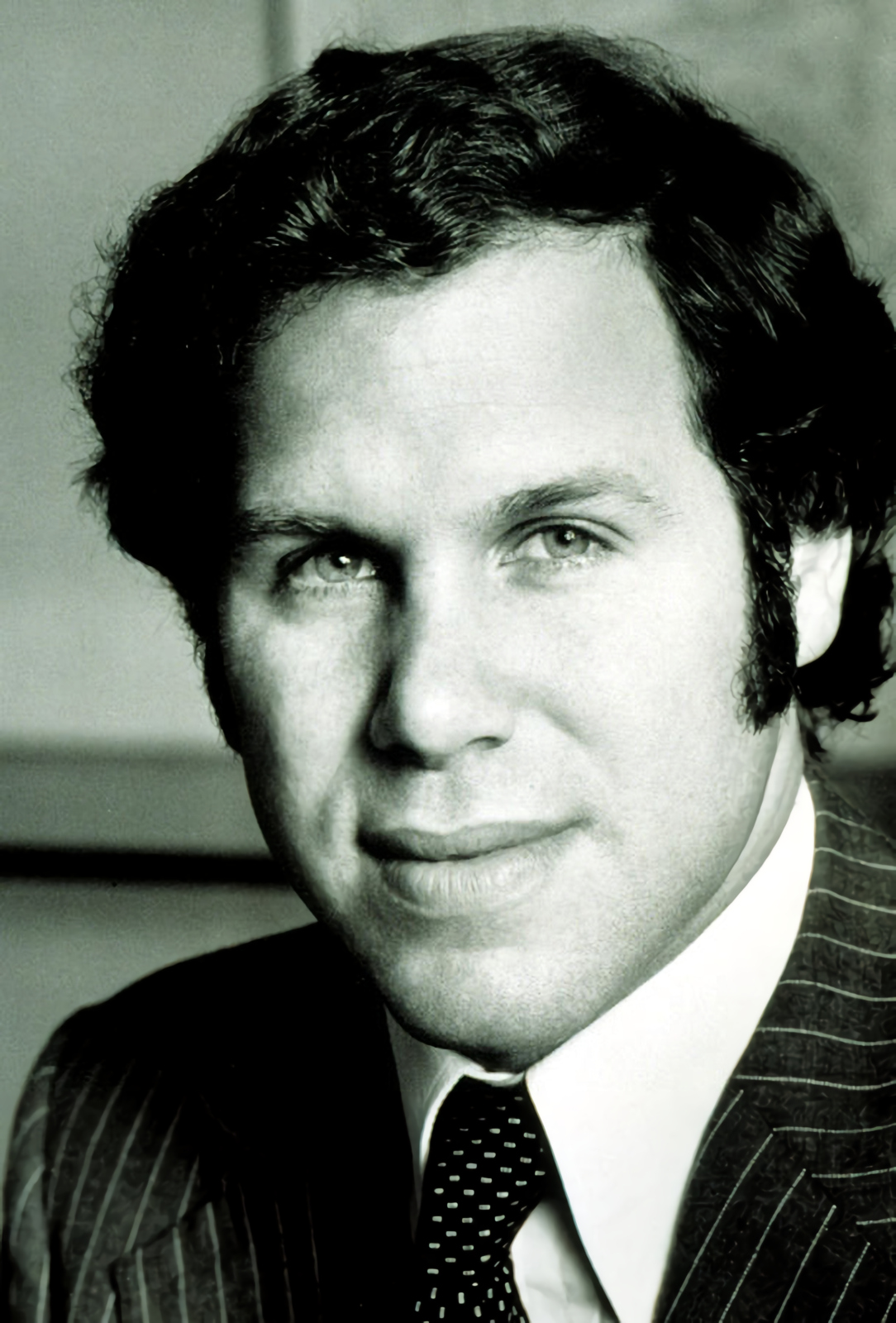
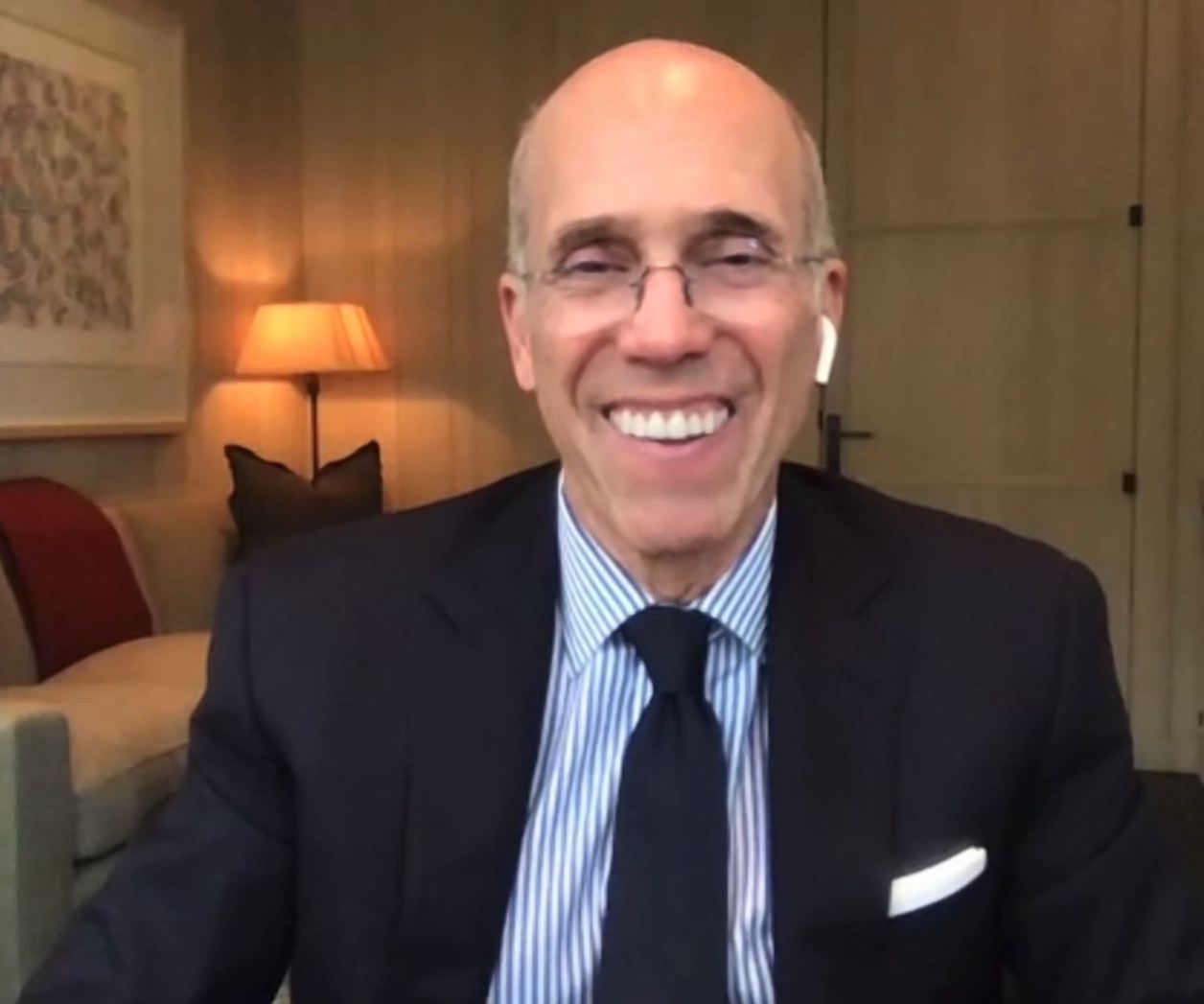
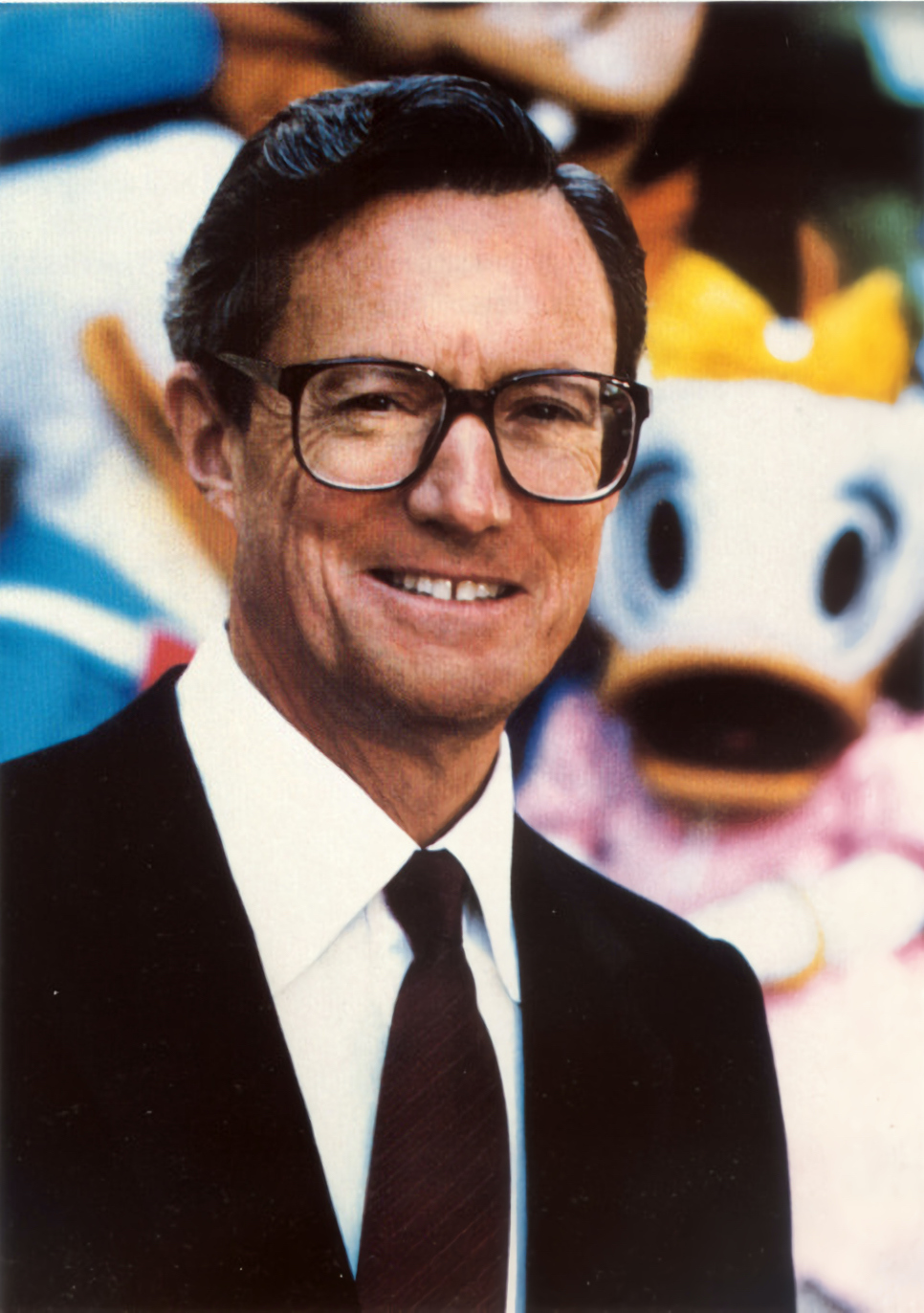
The three caballeros: Michael Eisner (left), Jeffrey Katzenberg (center), and Frank Wells (right) came to Disney in 1984 to shake things up, but by the end of the 20th century, only Eisner remained with the company and Roy E. Disney was getting fed up with many of the changes he imposed.
16 turbulent years have come and gone since Eisner’s resignation. I was in England when I heard the news, and I was both shocked and elated. My whole childhood and teenage years overlapped with how he went from being the hero who saved Disney from years of mismanagement into a villain who let the company’s standards collapse due to a different kind of mismanagement. Roy E. Disney died a few years later, and when his daughter Abigail sold off her shares of the company, that left no Disney family members of any influence at The Walt Disney Company. Even before the rise of the COVID-19 virus, it was clear that the Save Disney campaign was only partially successful. Let’s look at it objectively and see how many of the problems they called out have actually been solved.
Their primary goal was to drive Michael Eisner out of the company by shaming his penny-pinching and micromanaging ways and pointing out in exhaustive detail how they squandered all the goodwill they generated from seeing the company turn itself around in the late 1980s and early 1990s. They obviously succeeded in that objective. The stockholders voted to strip him of his chairmanship, but not the CEO position; persistence from Disney and Gold drove him to resign on September 30, 2005. Many of their articles are still must-reads when discussing the highs and lows of Disney’s attempts to cope with Walt no longer being alive. Their secondary goal was to replace the board of directors. Unfortunately, that was the one place where they came up short; while Eisner resigned, the yes-men and yes-women he brought into the company and put on the board of directors stayed behind to keep the worst mentality he enabled alive. His replacement, Robert A. Iger, came through the company through the 1995 acquisition of ABC. He had no particular love for Disney or its institutions, though he tried to pretend otherwise when Roy was still alive. It wasn’t until after 2009 that Iger’s true self started to manifest, just as it did for Eisner in the latter half of his reign. Since then, Disney has become little more than an IP holding company that pays more attention to its acquisitions than the core businesses it founded from the ground up. When The Princess and the Frog and the 2011 Winnie the Pooh did not meet box office goals, they shuttered traditional animation once again and since that time have shown no indication they ever intend to bring it back. Once they finally acquired The Muppets, they seemed to put fan service ahead of storytelling before ultimately misjudging their perceived target demographic, the Muppet Babies reboot notwithstanding. Meanwhile, when it came to actual Disney product, overproduced, CGI-heavy remakes became the new cash grabs the way direct-to-video sequels used to be. Additionally, Pixar’s output became inconsistent once Disney actually took control of the company, and despite widespread praise for the recent Soul, the animators there are not happy about their work being demoted from theatrical release status to direct-to-streaming.
In many ways, the worst problems are worse than the ones under previous corporate administrations. The mistakes of the immediate post-Walt years were made out of overzealous love for Walt Disney’s memory. The mistakes of the most recent Disney administrations were made out of seething contempt for Walt and everything he stood for. If Ron Miller was Walt-lite, then Iger has proven to be Eisner-lite. All the good things he has accomplished as CEO have been undercut by some very, very bad things, including but not limited to accusations of criminal behavior! At least Miller and Eisner’s mistakes were mistakes of aesthetic and managerial judgement, not out-and-out violations of US and/or international law.
Disney has washed its hands of some of its late Eisner-era acquisitions, most notably Saban and Miramax. But owning Miramax was one thing when it was bringing in Oscar gold. It is an independent studio; Disney bought it when they were riding high on a wave of success after years of relative failure marked by the occasional sleeper hit. By contrast, 20th Century Fox was one of the major studios of Hollywood. Since money from the parks was largely cut off because of the COVID-19 virus, Disney can’t afford it now unless they’re willing to exploit it as much as possible. Right now, they seem to be doing the opposite, just as they are timid in exploiting the Disney back catalog. Before theaters closed, they pared down Fox’s repertory division and made it next to impossible to license any back catalog titles to screen, with the exception of The Rocky Horror Picture Show. They even took the Fox out of the name leaving the more dated “20th Century” part of it. Fox News got to keep the “Fox” name, named for William Fox of Fox Film Corporation, in the divorce from Rupert Murdoch and News Corporation.
Broadcast and cable television now have streaming to deal with as competition. Disney threw its Mouseketeer hat into the ring by buying Hulu while launching Disney+. Business analysts predict it will take about five years for Disney+ to make a profit. The Disney Channel turned a profit in less than two years. The difference is that The Disney Channel used to actually have more content created by Walt Disney himself. They may have ended the vault-and-rerelease practice for the animated canon, but what about live-action films and TV shows? Those still get treated as red-headed stepchildren after all these years, and Disney is paying a price for it.
The Disney family itself has even less influence in the company before. None of Walt’s grandchildren seem to want to be executives in their grandfather’s company, and Roy’s daughter Abigail has spoken out against Disney multiple times. But will her words lead to actions? Will she be the one to lead the charge towards a better, more ethical Walt Disney Company, one that is both in line with Walt’s values and the expectations of what people want to see today? Or will this be a job for the fans who made them what they became? All this matters because it affects the company’s reputation with the public. If they think a company is corrupt and unethical, they will not support it. Why should they? And why would investors continue to support them if their concerns are going unanswered? And how much worse will it have to get before something is done about it?
I hate to say it, but since 2005 the same problems that temporarily went away seem to have re-emerged like a cancer reoccurring after going into remission. Now that cancer is getting bigger and is threatening to eat away at the company again. While it was actual cancer that took both Walt Disney and Roy E. Disney, incidentally, this is just the metaphoric kind. But it’s a metaphor that describes a very real problem that will only get worse if it is not dealt with drastically and immediately. While the company has touted its highest stock price ever, it still remains to be seen where the money is going. The devil is in the details, though; it has negative earnings per share and it does not pay a dividend. The company’s profit margin right now is -8.15%, their return on equity is -4.54%, while it has $17.07 billion in cash and $58.28 billion in debt. This is not the sign of a financially healthy stock. Those who choose to stick it out need to be proactive about the situation. It is time to hold management accountable again. This time, we need to make lasting changes to finish the work that Roy E. Disney and Stanley Gold started. The future of Disney depends on it. Do you want Disney to go back to creating memorable, exciting, and unique theme park experiences and great movies again or do you wish to let them wallow in mediocrity indefinitely until there’s nothing left in which to wallow? I choose the first option.
Perhaps
if the website owners had spent less time trying to work in undeserved
slams at Pete’s Dragon and more time trying to figure out how to
get rid of the board, we would not be in this situation today. At least
they had nice things to say about Song of the South;
unfortunately, Disney continues to ignore them in favor of the
ideological shell game that is wokeness. Meanwhile, as thousands of cast
members have been laid off, new CEO Bob Chapek has just bought a $12
million house.
Sources:
Roy
E. Disney's 11/30/2003 resignation letter (SEC.gov)
Koenig,
David: "All The Wrong Moves," 7/10/2001, Mouseplanet.com
The
SaveDisney Timeline (archive.org)
Disney
stock price (marketwatch.com)
Copyright © MMXXI, All rights reserved.